The partnership aims to improve customer convenience and expand the fuel choices available at each outlet.
In a major move, Adani Total Gas Ltd (ATGL) and Jio-bp, a fuel retailing arm of Reliance Industries Ltd, have joined hands to sell auto fuels at select stations across the country. The announcement was made on Wednesday by both companies. According to the statement, some ATGL stations will now sell Jio-bp’s petrol and diesel, while Jio-bp stations will include Adani Total Gas’s compressed natural gas (CNG) dispensing units. The partnership aims to improve customer convenience and expand the fuel choices available at each outlet.
Suresh P. Manglani, CEO of Adani Total Gas, said the collaboration will allow both companies to make better use of their infrastructure and offer a stronger experience to customers.
This is the second time the two business giants have teamed up. Earlier, in March 2024, Reliance acquired a 26% stake in an Adani Power project in Madhya Pradesh.
Experts believe the partnership could reshape India’s fuel market, which is mainly dominated by government-owned oil firms.
The agreement includes both current and future fuel stations. ATGL currently operates 650 CNG stations, while Jio-bp runs around 2,000 fuel outlets.
Adani Total Gas is a joint venture between the Adani Group and France’s TotalEnergies. It supplies natural gas to homes, factories, and vehicles, and is also active in electric vehicle charging, liquefied natural gas (LNG), and compressed biogas.
Jio-bp, a joint venture of Reliance and British energy giant bp, is involved in fuel retail and low-carbon mobility solutions.
India’s demand for natural gas is expected to rise by 60% by 2030, with the country playing a key role in global oil demand growth, according to the International Energy Agency.
Find your daily dose of All
Latest News including
Sports News,
Entertainment News,
Lifestyle News, explainers & more. Stay updated, Stay informed-
Follow DNA on WhatsApp. 'Caste is our primary enemy': Kamal Haasan reacts to shocking honour killing of 27 years old IT employee in Tamil Nadu
'Caste is our primary enemy': Kamal Haasan reacts to shocking honour killing of 27 years old IT employee in Tamil Nadu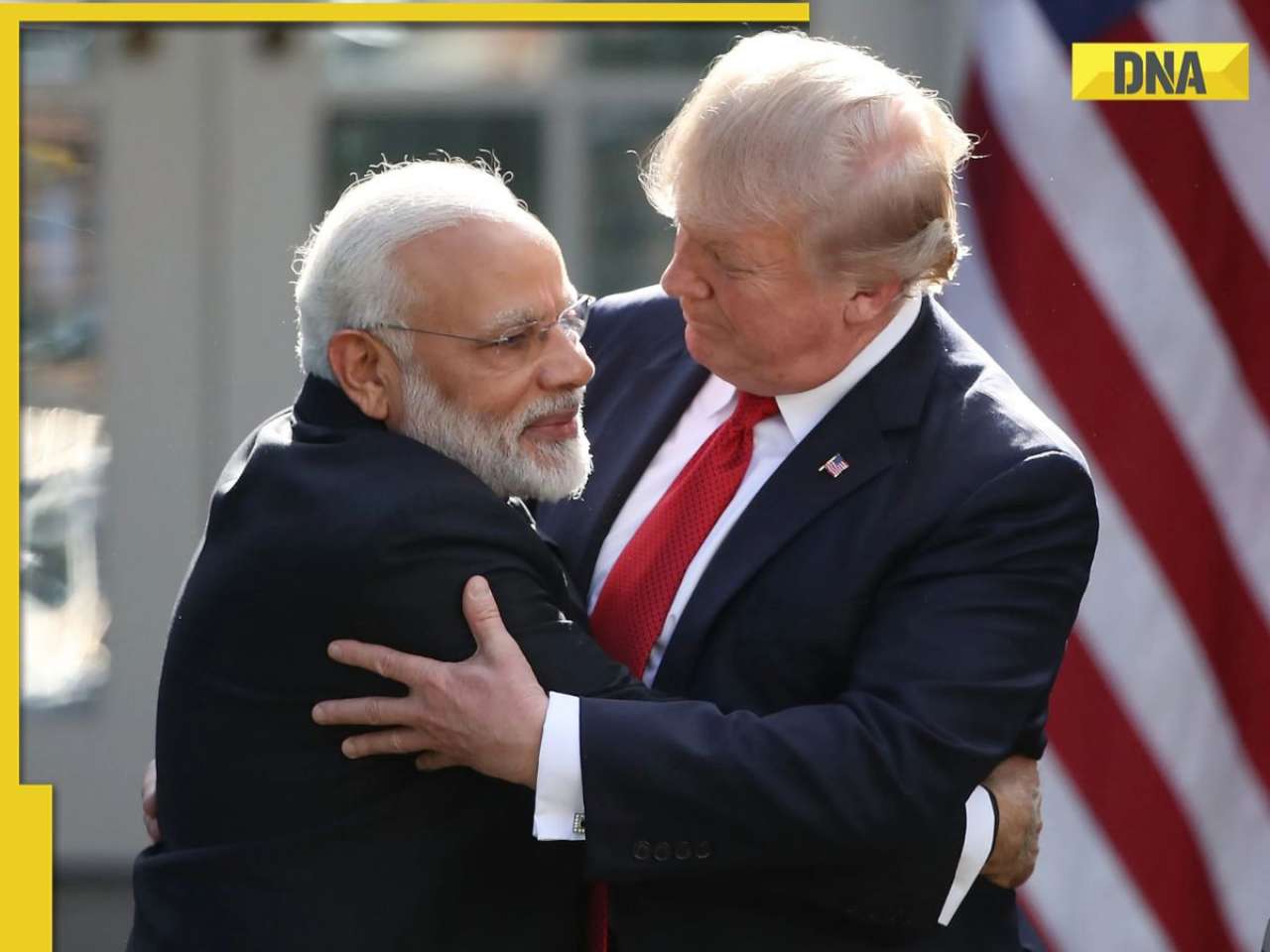 BIG statement by Donald Trump on US-India trade, set to impose 20-25% tariffs, says 'But now...'
BIG statement by Donald Trump on US-India trade, set to impose 20-25% tariffs, says 'But now...'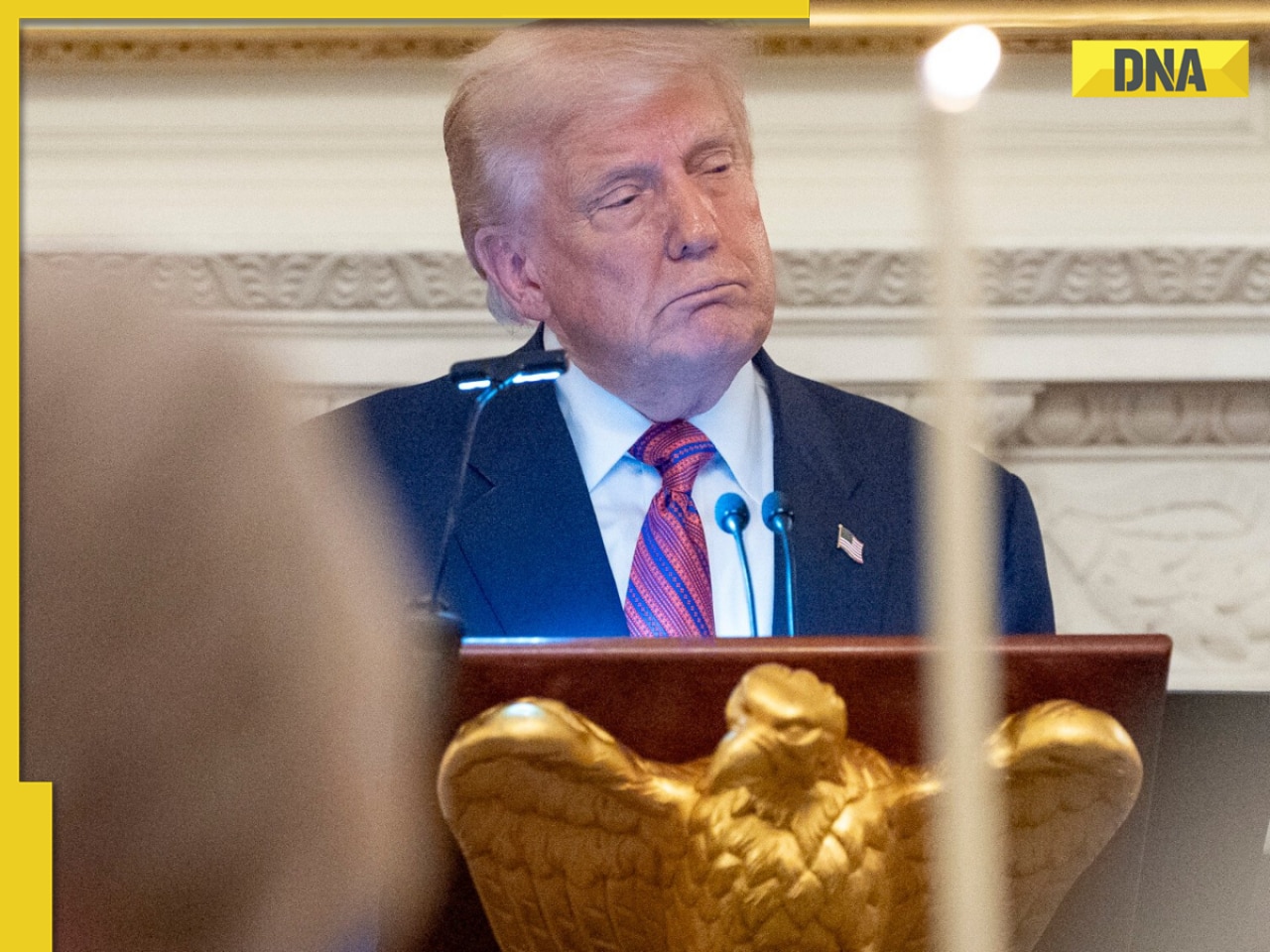 Donald Trump issues BIG statement on Gaza, says US will partner with Israel to...
Donald Trump issues BIG statement on Gaza, says US will partner with Israel to...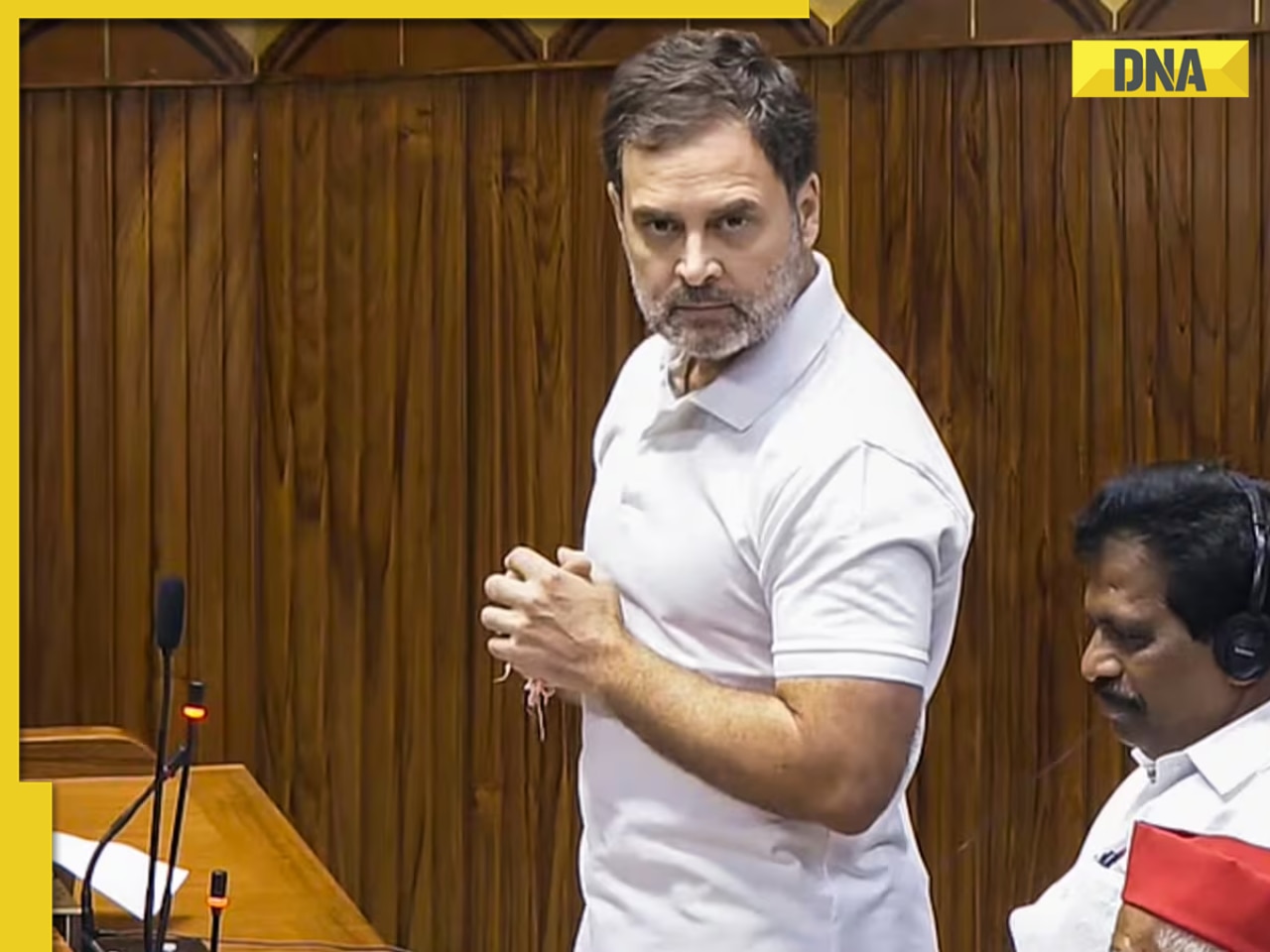 Rahul Gandhi slams PM Modi over his Parliament speech on Operation Sindoor, says, 'He never said...'
Rahul Gandhi slams PM Modi over his Parliament speech on Operation Sindoor, says, 'He never said...' Meet Daya Nayak, Mumbai Police 'encounter specialist' promoted to ACP rank, he inspired THIS Bollywood film
Meet Daya Nayak, Mumbai Police 'encounter specialist' promoted to ACP rank, he inspired THIS Bollywood film Tata Harrier EV Review | Most Advanced Electric SUV from Tata?
Tata Harrier EV Review | Most Advanced Electric SUV from Tata? Vida VX2 Plus Electric Scooter Review: Range, Power & Real-World Ride Tested!
Vida VX2 Plus Electric Scooter Review: Range, Power & Real-World Ride Tested! MG M9 Electric Review | Luxury EV with Jet-Style Rear Seats! Pros & Cons
MG M9 Electric Review | Luxury EV with Jet-Style Rear Seats! Pros & Cons Iphone Fold: Apple’s iPhone Fold Could Solve Samsung’s Biggest Foldable Problem | Samsung Z Fold 7
Iphone Fold: Apple’s iPhone Fold Could Solve Samsung’s Biggest Foldable Problem | Samsung Z Fold 7 Trump News: Congress Seeks Answers On Trump's Alleged Mediation In Operation Sindoor
Trump News: Congress Seeks Answers On Trump's Alleged Mediation In Operation Sindoor New Income Tax Bill 2025 to change tax rates on LTCG? I-T dept said this
New Income Tax Bill 2025 to change tax rates on LTCG? I-T dept said this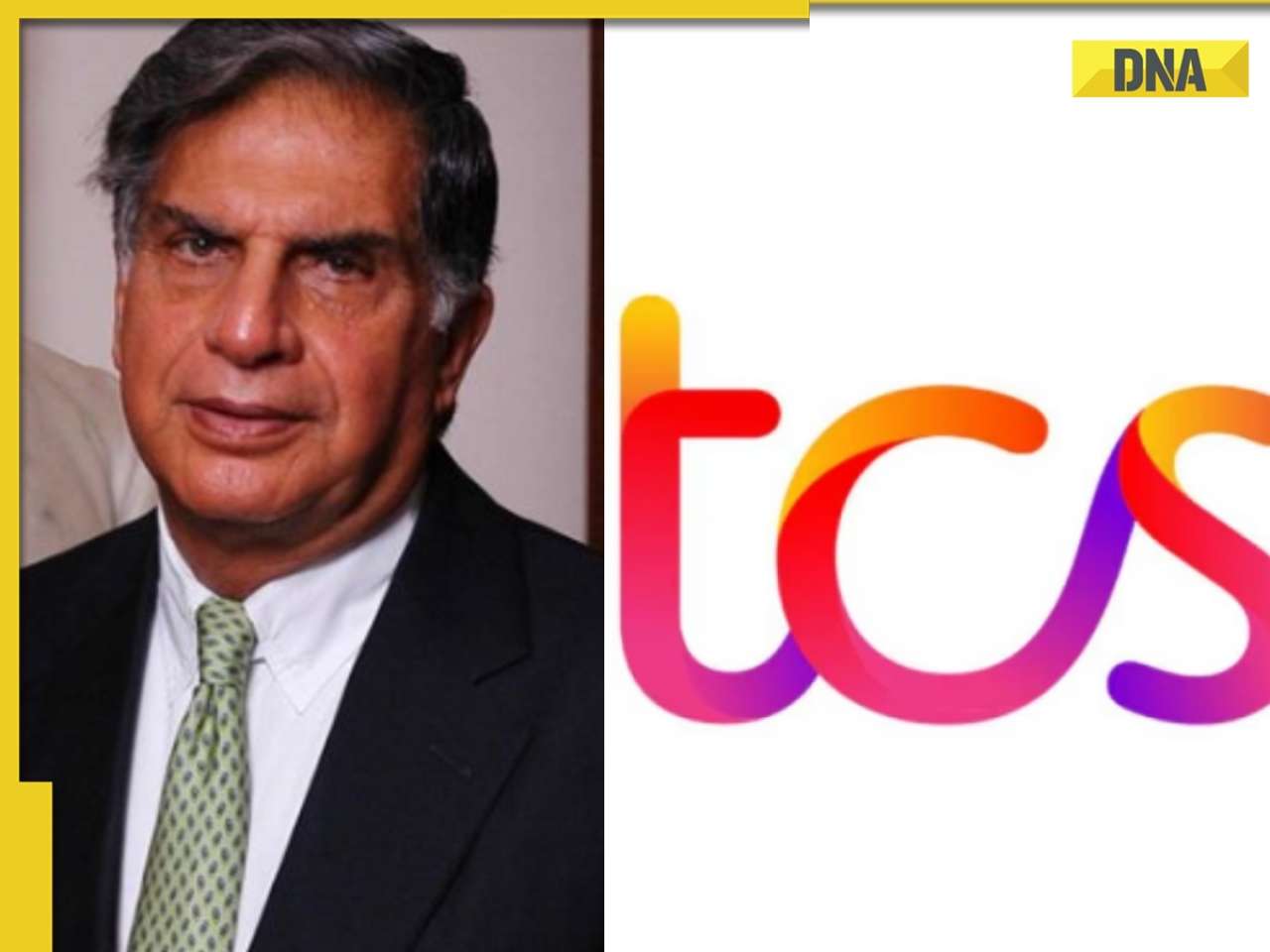 Ratan Tata's TCS loses Rs 28149 crore in 48 hours after layoff announcement, market cap declines to Rs...
Ratan Tata's TCS loses Rs 28149 crore in 48 hours after layoff announcement, market cap declines to Rs...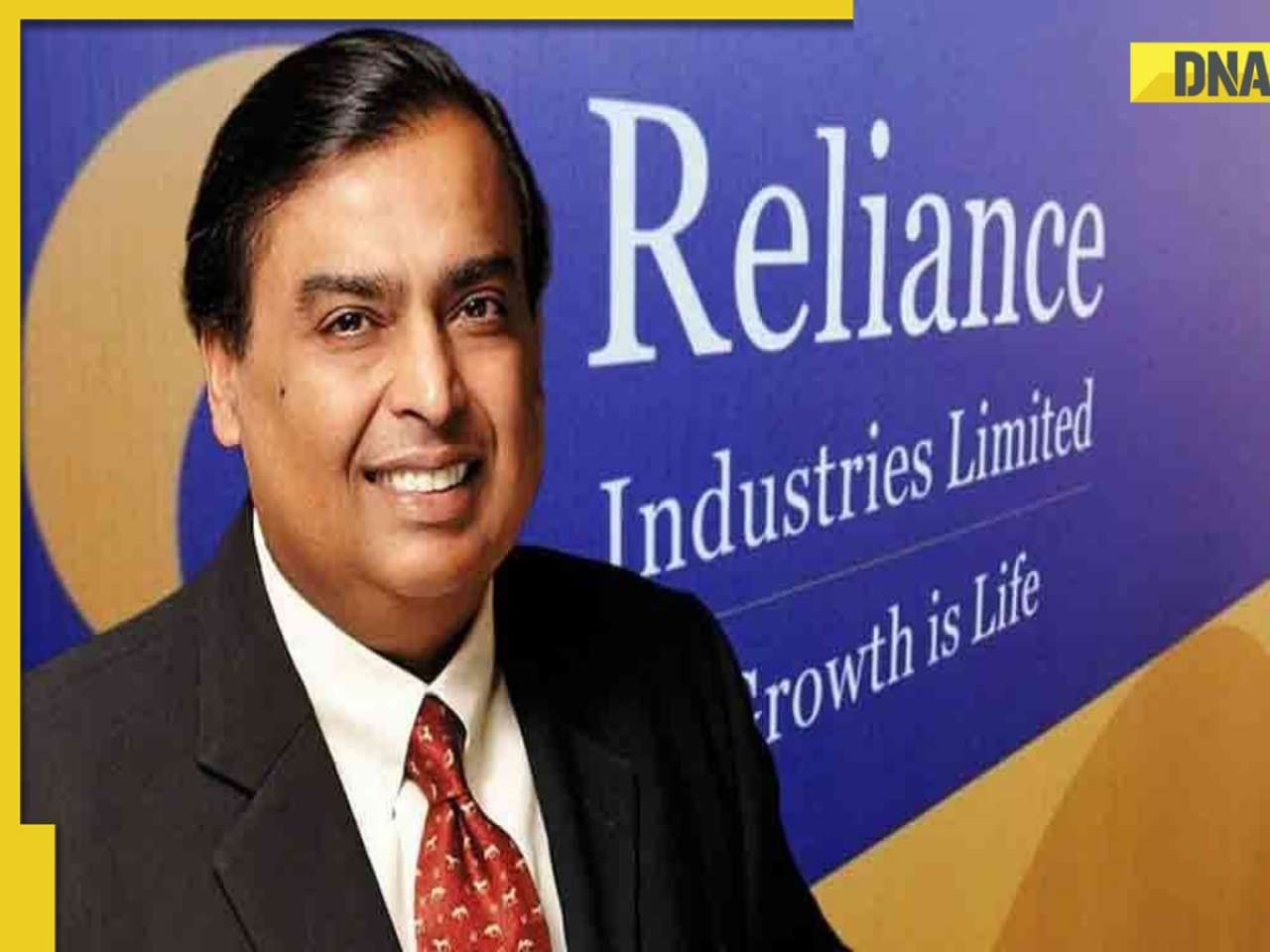 Mukesh Ambani-owned RIL signs deal with ONGC, to explore ... from...
Mukesh Ambani-owned RIL signs deal with ONGC, to explore ... from...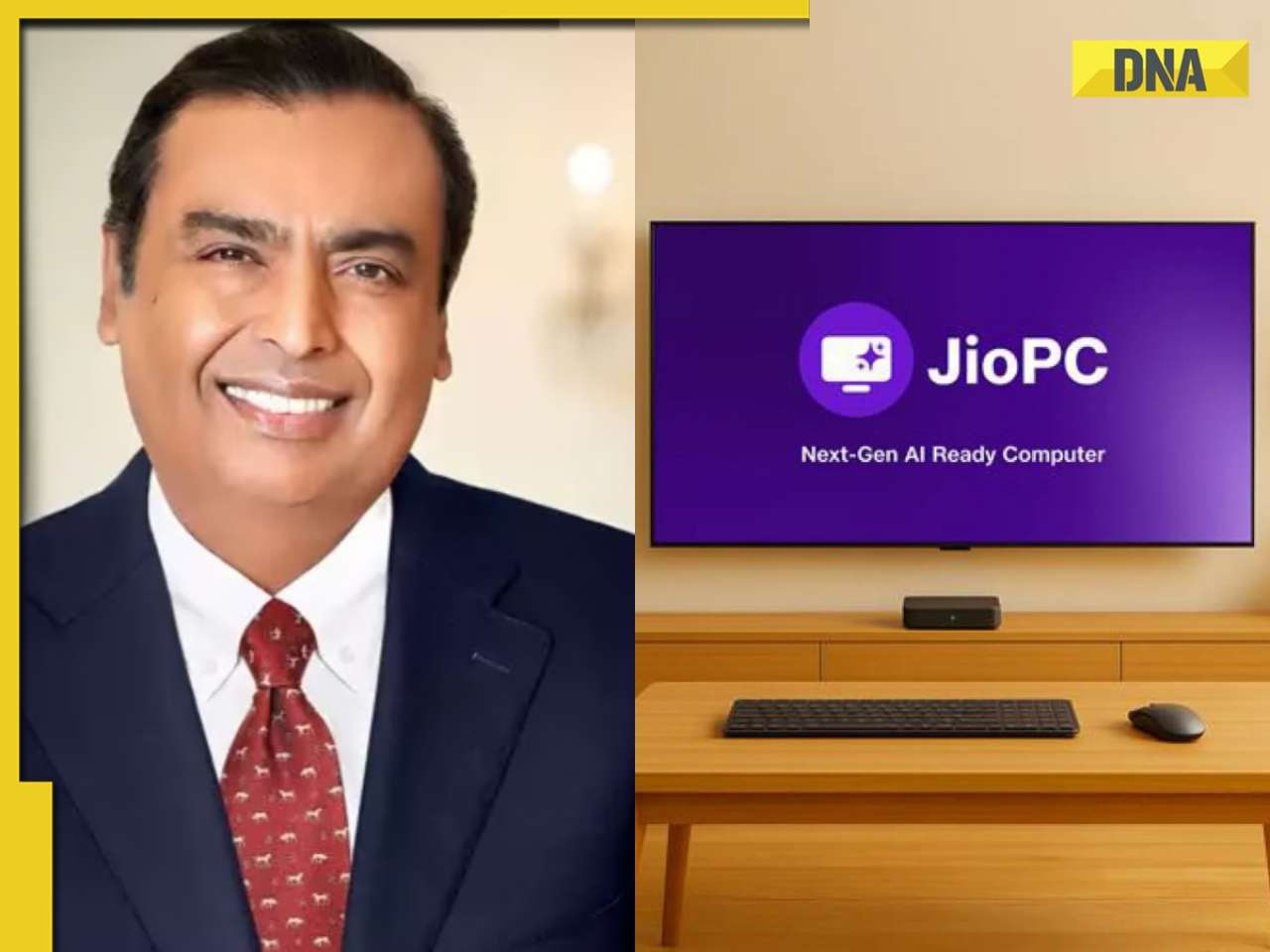 Mukesh Ambani launches JioPC AI cloud computer at Rs...; check plans, benefits, more
Mukesh Ambani launches JioPC AI cloud computer at Rs...; check plans, benefits, more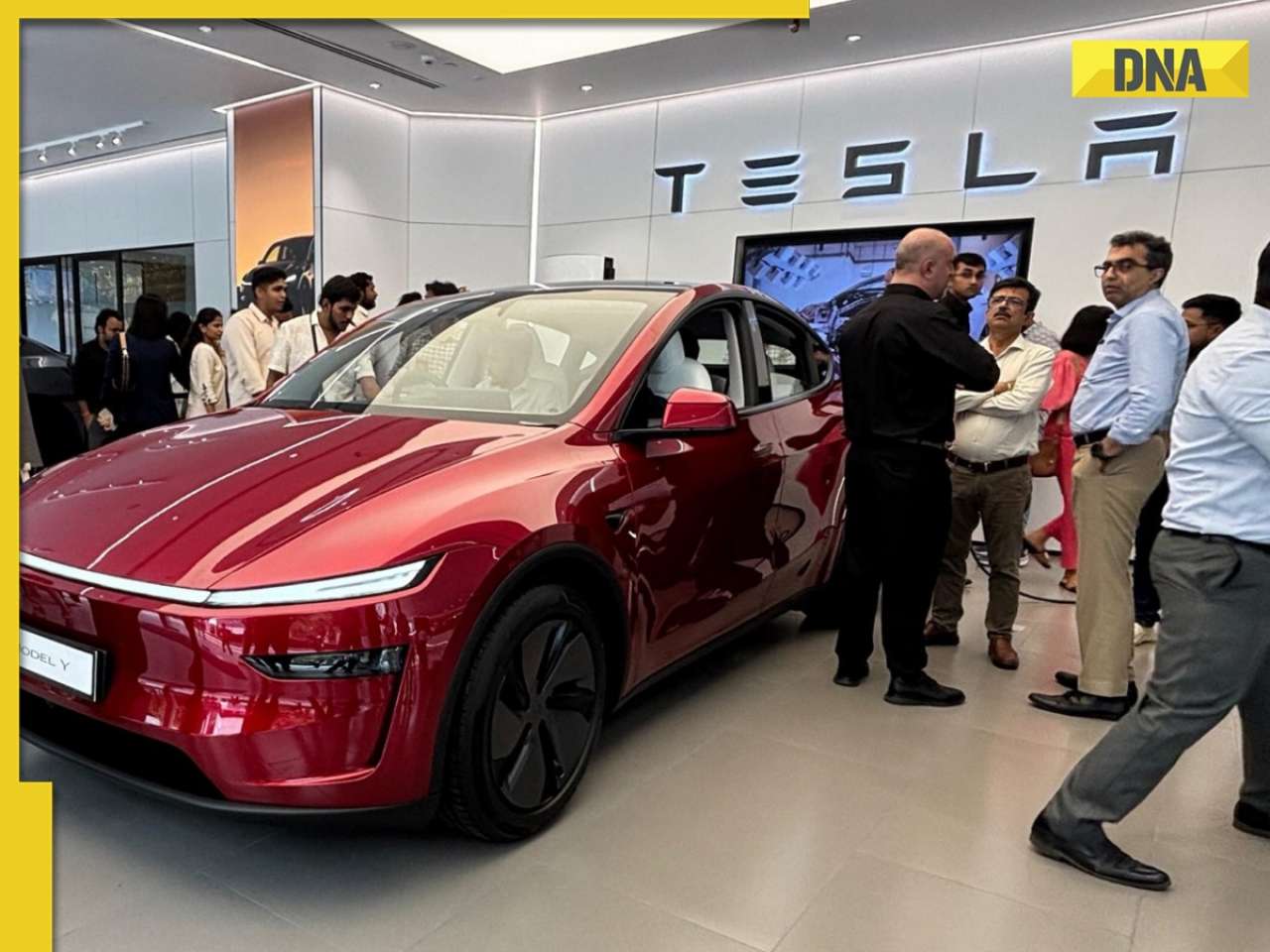 Elon Musk's Tesla set to open another flagship showroom in this Indian city, not Noida, Bengaluru, Chennai
Elon Musk's Tesla set to open another flagship showroom in this Indian city, not Noida, Bengaluru, Chennai Raksha Bandhan 2025: Top 5 getaways to celebrate sibling bond
Raksha Bandhan 2025: Top 5 getaways to celebrate sibling bond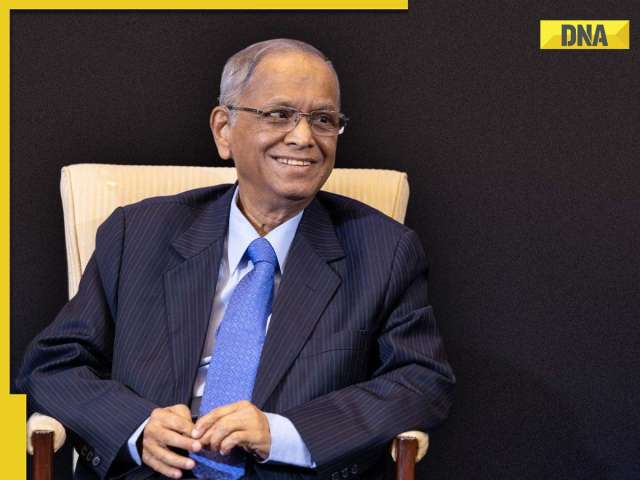 Narayana Murthy’s parenting advice: 7 common mistakes every parent should avoid
Narayana Murthy’s parenting advice: 7 common mistakes every parent should avoid  Jr NTR’s net worth: A peek into his Rs 500 crore fortune, luxury cars, investments and more
Jr NTR’s net worth: A peek into his Rs 500 crore fortune, luxury cars, investments and more Step inside Virender Sehwag’s Rs 130 crore Delhi mansion with 12 lavish rooms, trophy room, private temple, and luxury garage
Step inside Virender Sehwag’s Rs 130 crore Delhi mansion with 12 lavish rooms, trophy room, private temple, and luxury garage Like Ahaan Panday, these Bollywood stars have private Instagram handles
Like Ahaan Panday, these Bollywood stars have private Instagram handles Rahul Gandhi slams PM Modi over his Parliament speech on Operation Sindoor, says, 'He never said...'
Rahul Gandhi slams PM Modi over his Parliament speech on Operation Sindoor, says, 'He never said...' Meet Daya Nayak, Mumbai Police 'encounter specialist' promoted to ACP rank, he inspired THIS Bollywood film
Meet Daya Nayak, Mumbai Police 'encounter specialist' promoted to ACP rank, he inspired THIS Bollywood film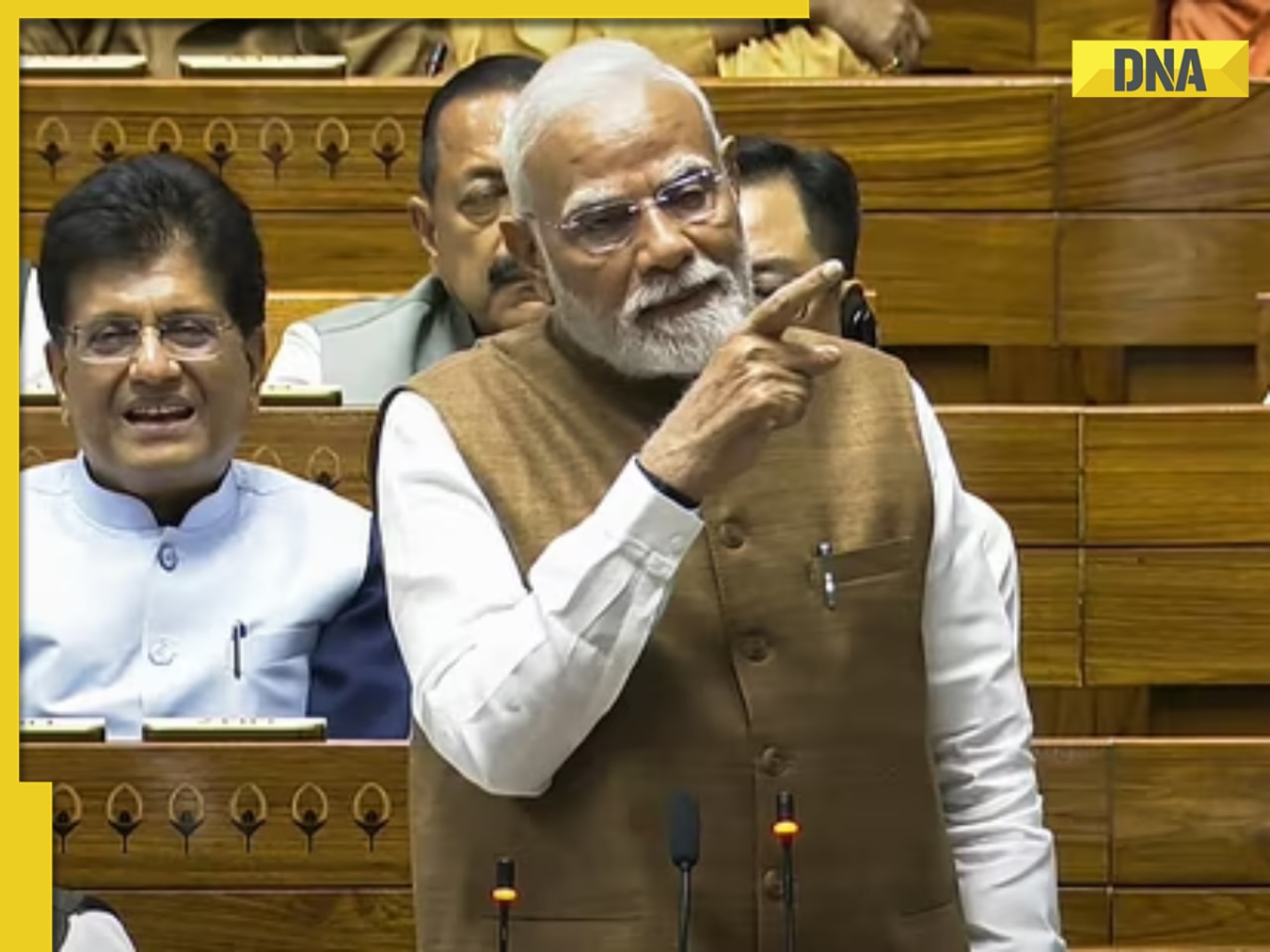 PM Modi makes BIG statement during speech in Parliament, says, 'No world leader...'
PM Modi makes BIG statement during speech in Parliament, says, 'No world leader...' Renowned Indian astrologer predicts another temple stampede, warns against traveling to these areas in 2025
Renowned Indian astrologer predicts another temple stampede, warns against traveling to these areas in 2025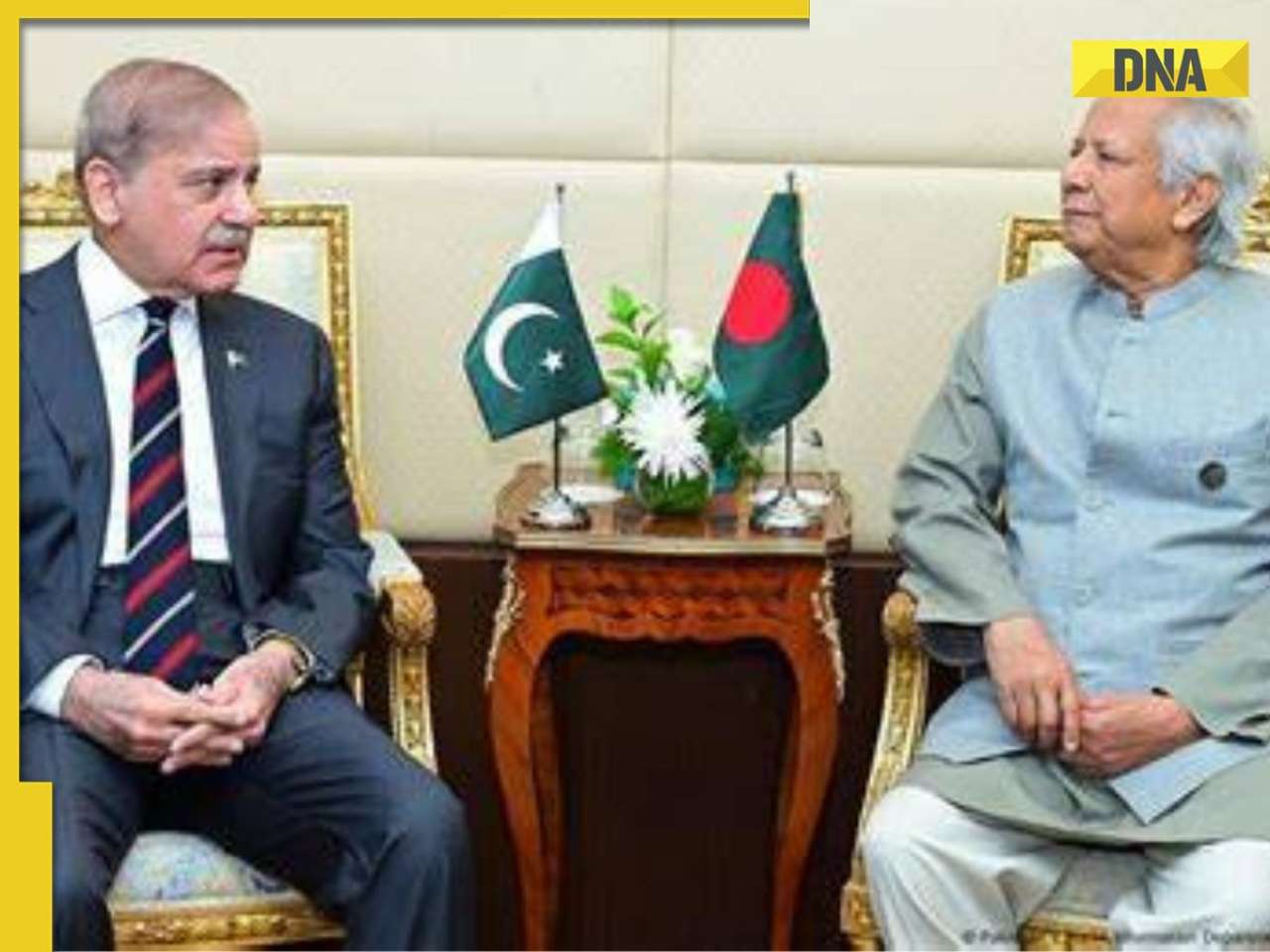 Pakistan-Bangladesh nexus exposed, India's neighbours allow visa-free entry for each other, how will it affect
Pakistan-Bangladesh nexus exposed, India's neighbours allow visa-free entry for each other, how will it affect RRB NTPC UG 2025: City intimation slip out, know exam details, direct link here
RRB NTPC UG 2025: City intimation slip out, know exam details, direct link here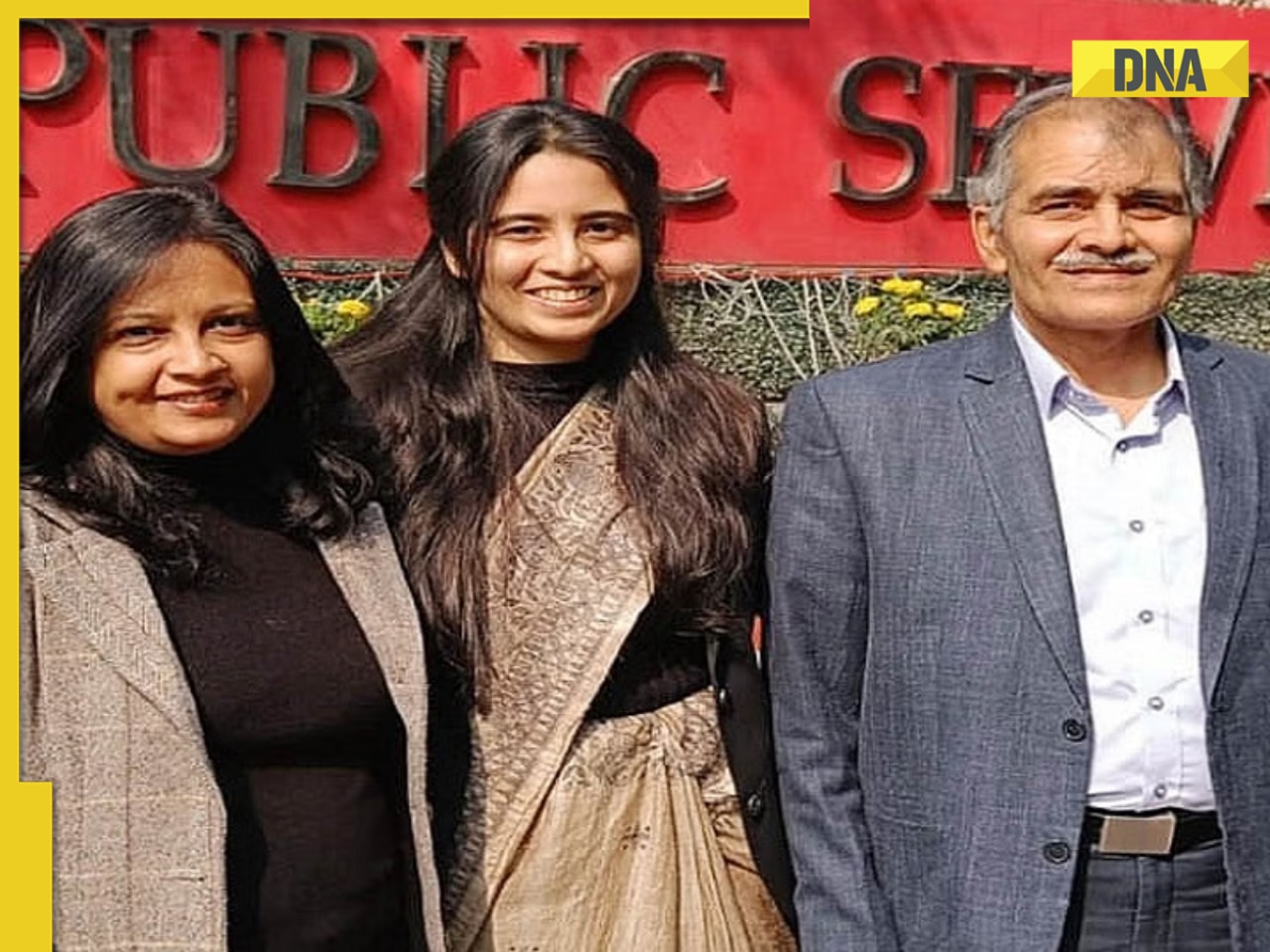 Meet woman who is from small town, didn't settle for IRTS, cracked UPSC again to become...
Meet woman who is from small town, didn't settle for IRTS, cracked UPSC again to become...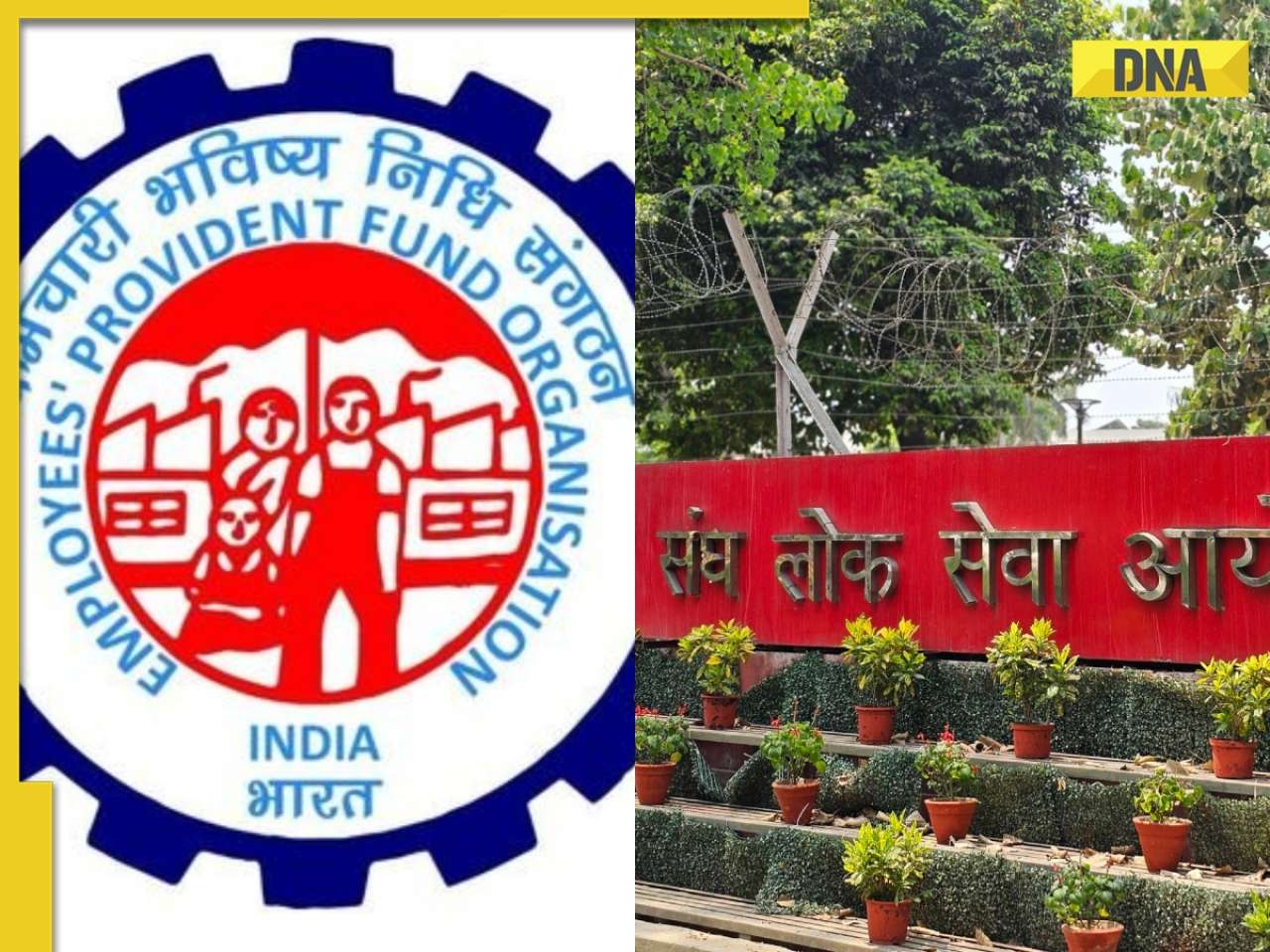 UPSC EPFO 2025 recruitment begins for 230 vacancies; check steps to apply, eligibility, last date, and more
UPSC EPFO 2025 recruitment begins for 230 vacancies; check steps to apply, eligibility, last date, and more Where is Nalin Khandelwal, the 2019 NEET UG topper? What is he doing now?
Where is Nalin Khandelwal, the 2019 NEET UG topper? What is he doing now? Delhi University UG admissions 2nd allotment list released, here's how you can download it
Delhi University UG admissions 2nd allotment list released, here's how you can download it Maruti Suzuki's e Vitara set to debut electric market at Rs..., with range of over 500 km, to launch on...
Maruti Suzuki's e Vitara set to debut electric market at Rs..., with range of over 500 km, to launch on...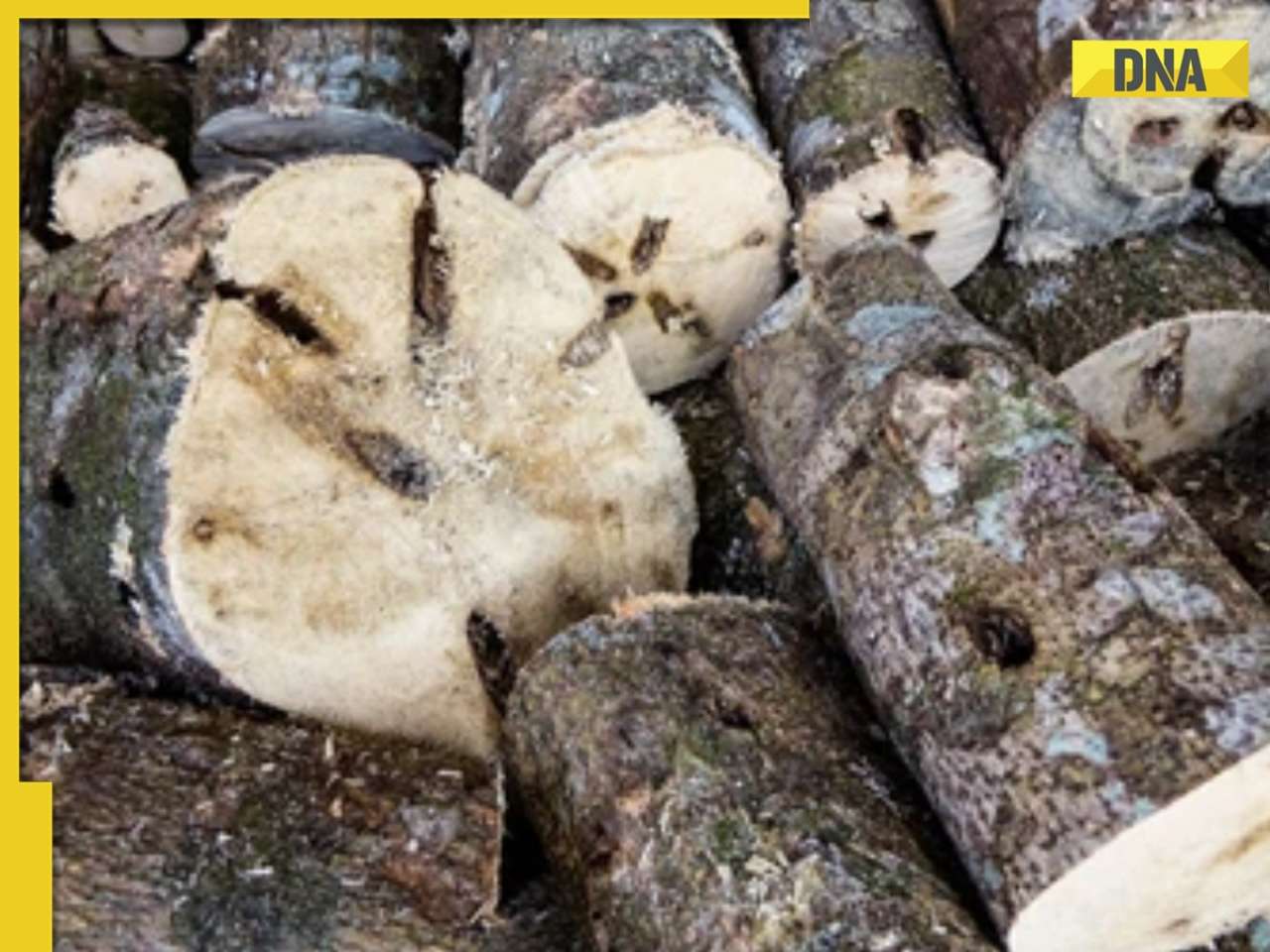 This is world’s most expensive wood, cost of 1kg wood is more than gold, its name is..., is found in...
This is world’s most expensive wood, cost of 1kg wood is more than gold, its name is..., is found in... This luxury car is first choice of Indians, even left BMW, Jaguar, Audi behind in sales, it is...
This luxury car is first choice of Indians, even left BMW, Jaguar, Audi behind in sales, it is... Kia India unveils Carens Clavis: Check features, design changes, price and more; bookings open on...
Kia India unveils Carens Clavis: Check features, design changes, price and more; bookings open on... Tesla CEO Elon Musk launches most affordable Cybertruck, but it costs Rs 830000 more than older version, it is worth Rs...
Tesla CEO Elon Musk launches most affordable Cybertruck, but it costs Rs 830000 more than older version, it is worth Rs...










)
)
)
)
)
)
)
)
)
)
)
)
)
)
)
)









